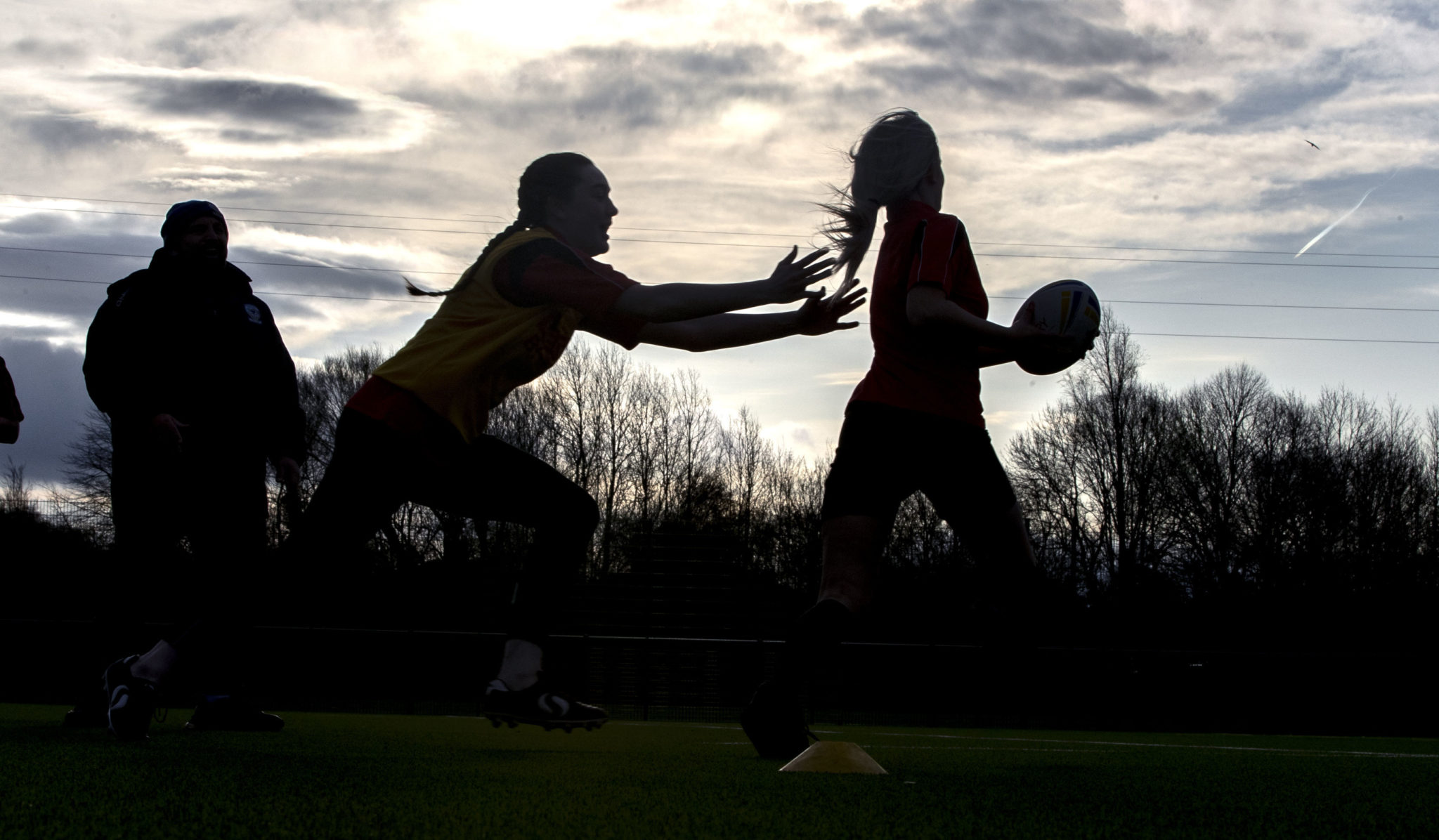Monday will see a further easing of restrictions for some sports such as golf and tennis, along with underage outdoor training.
However, for some people, getting back to normal will not just be strange, it may also be a bit daunting and bring with it increased levels of fear and anxiety.
Dr Colman Noctor, a child and adolescent psychotherapist, believes the pause in team sports during the pandemic has given us the opportunity to "readdress the sporting culture in Ireland".
Speaking to Newstalk Breakfast with Susan Keogh, Dr Noctor said he has long held the view that such activities get "too competitive, too early" in children's lives.
"Sometimes we coach children through a coaching lens, without seeing it through the lens of the child," he said.
"I'm guessing when kids get back onto a football pitch or a GAA pitch or a rugby pitch next week, they'll want to socialise and be with their friends.
"And if we go in with laps and fitness training, we run a risk of going backwards into something, we should use the pause to readdress it.
"If we want kids to participate in sport, we have to cater for all children."
 File photo of children playing rugby. Credit: Peter Byrne/PA Wire
File photo of children playing rugby. Credit: Peter Byrne/PA WireDr Noctor said there is a "drive towards elitism" and that we overly invest in the top 1% of talent too early and "push the others to the side".
He stated: "I've seen 13 and 14-year-old say, 'I've nowhere to play sport because everything is so serious, it's two days of training during the week and then a match on Sundays, there's championships and there's leagues and actually, all I want to do is play a five-aside culture, I love sport but I'm not really that competitive'.
"I would really like to see us learn from the lockdown, learn from the pause and restart as we mean to go on.
He added that he is often asked by parents how they can make their children more confident, but that is not what they should be striving for as self-worth is more important.
"I could be a very confident speaker, I could give a talk to 200 people but that's not to say when I'm driving home that evening I'm not crying into the steering wheel thinking I was rubbish," he said.
"Even though everybody else said I was great, my truth is the truth that matters.
"Even when children are feeling down, we tell them they're a great drawer, they're great at art, they're great at sport, we don't tell them that they're good and kind and gentle and generous and loyal and all those sorts of qualities that are way more sustainable in terms of our value and self-worth than a list of accolades."









